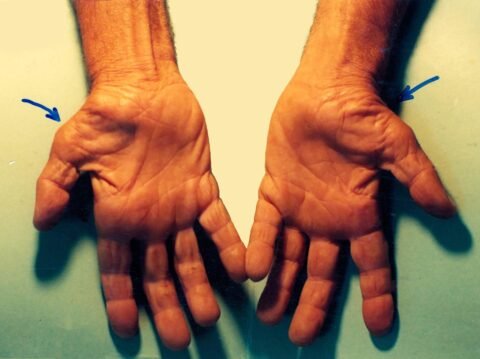Recovery from addiction is more than just abstaining from substances; it’s about transformation, healing, and rebuilding a meaningful life. Personal growth is a crucial aspect of this process, helping individuals redefine themselves beyond their past struggles. Through self-discovery, goal-setting, and community support, those in recovery can cultivate a fulfilling life that aligns with their values and aspirations. This article explores the significance of personal growth in recovery and practical steps to achieve it.
Understanding Personal Growth in Recovery
Personal growth in recovery involves a continuous journey of self-improvement. It is about developing healthier habits, gaining self-awareness, and working towards a life that is not only free from addiction but also purposeful and satisfying. Many individuals in recovery find that personal growth is key to preventing relapse, as it provides motivation, direction, and a sense of fulfillment that substance use once falsely promised.
Recovery is not just about stopping harmful behaviors; it’s about replacing them with meaningful ones. This shift requires intentional effort, self-reflection, and a willingness to embrace change. It also involves addressing underlying issues such as trauma, low self-esteem, and emotional regulation—factors that often contribute to addiction.
The Role of Community in Personal Growth
Recovery does not happen in isolation. Community support is instrumental in personal growth, providing accountability, encouragement, and a sense of belonging. Sober living homes, 12-step fellowships, and mentorship programs offer structured environments where individuals can thrive. Sharing experiences and learning from others fosters resilience and motivation to keep moving forward.
Steps to Foster Personal Growth in Recovery
Develop Self-Awareness
Self-awareness is the foundation of personal growth. Understanding one’s triggers, emotions, and thought patterns helps individuals make conscious decisions that align with their values. Practices such as journaling, mindfulness meditation, and therapy can help build this awareness. Recognizing past behaviors and thought processes allows individuals to replace them with healthier coping mechanisms.
Set Meaningful Goals
Having clear, attainable goals provides direction in recovery. These goals can range from small, daily achievements to long-term aspirations. Whether it’s pursuing education, rebuilding relationships, or developing new hobbies, setting and achieving goals helps build confidence and self-worth. A structured plan and accountability—through sponsors, therapists, or support groups—can aid in staying committed.
Cultivate Healthy Relationships
Personal growth is heavily influenced by the people we surround ourselves with. Building a supportive network of friends, mentors, and peers who encourage sobriety is essential. Sober living communities, 12-step programs, and therapy groups offer opportunities to connect with like-minded individuals who understand the challenges of recovery and can provide valuable support.
Embrace Lifelong Learning
Education and self-improvement play a significant role in recovery. Engaging in learning opportunities—whether through books, courses, or workshops—can help expand one’s perspective and develop new skills. Many people in recovery find purpose in exploring career paths, creative outlets, or volunteer opportunities that align with their newfound values.
Prioritize Mental and Physical Health
Physical and mental well-being are crucial components of personal growth. Regular exercise, proper nutrition, and adequate sleep contribute to overall stability. Additionally, therapy and self-care practices such as meditation or yoga can help manage stress and emotional triggers. Addressing both mental and physical health ensures a holistic approach to recovery.
Find Purpose and Meaning
Many individuals struggling with addiction feel a sense of emptiness or lack of purpose. Personal growth in recovery involves finding activities and pursuits that bring joy and fulfillment. Whether it’s through spirituality, creative expression, or service to others, discovering a sense of purpose helps sustain long-term sobriety and happiness.
Overcoming Challenges in Personal Growth
Personal growth is not always a linear process. Challenges such as self-doubt, setbacks, and external pressures can arise. It’s essential to practice self-compassion and recognize that progress takes time. Instead of viewing setbacks as failures, individuals can use them as learning experiences to refine their approach to growth. Seeking support, staying engaged in recovery programs, and continually reassessing personal goals can help navigate these challenges.
Embracing a Life of Growth and Fulfillment
Rebuilding a meaningful life in recovery requires an ongoing commitment to personal growth. By developing self-awareness, setting goals, fostering healthy relationships, and prioritizing mental and physical well-being, individuals can create a fulfilling life beyond addiction. While challenges may arise, embracing change and seeking community support can make the journey rewarding. Ultimately, personal growth is not just about staying sober—it’s about living a life that is rich in purpose, joy, and authenticity.

Daniel J. Morgan is the founder of Invidiata Magazine, a premier publication showcasing luxury living, arts, and culture. With a passion for excellence, Daniel has established the magazine as a beacon of sophistication and refinement, captivating discerning audiences worldwide.





